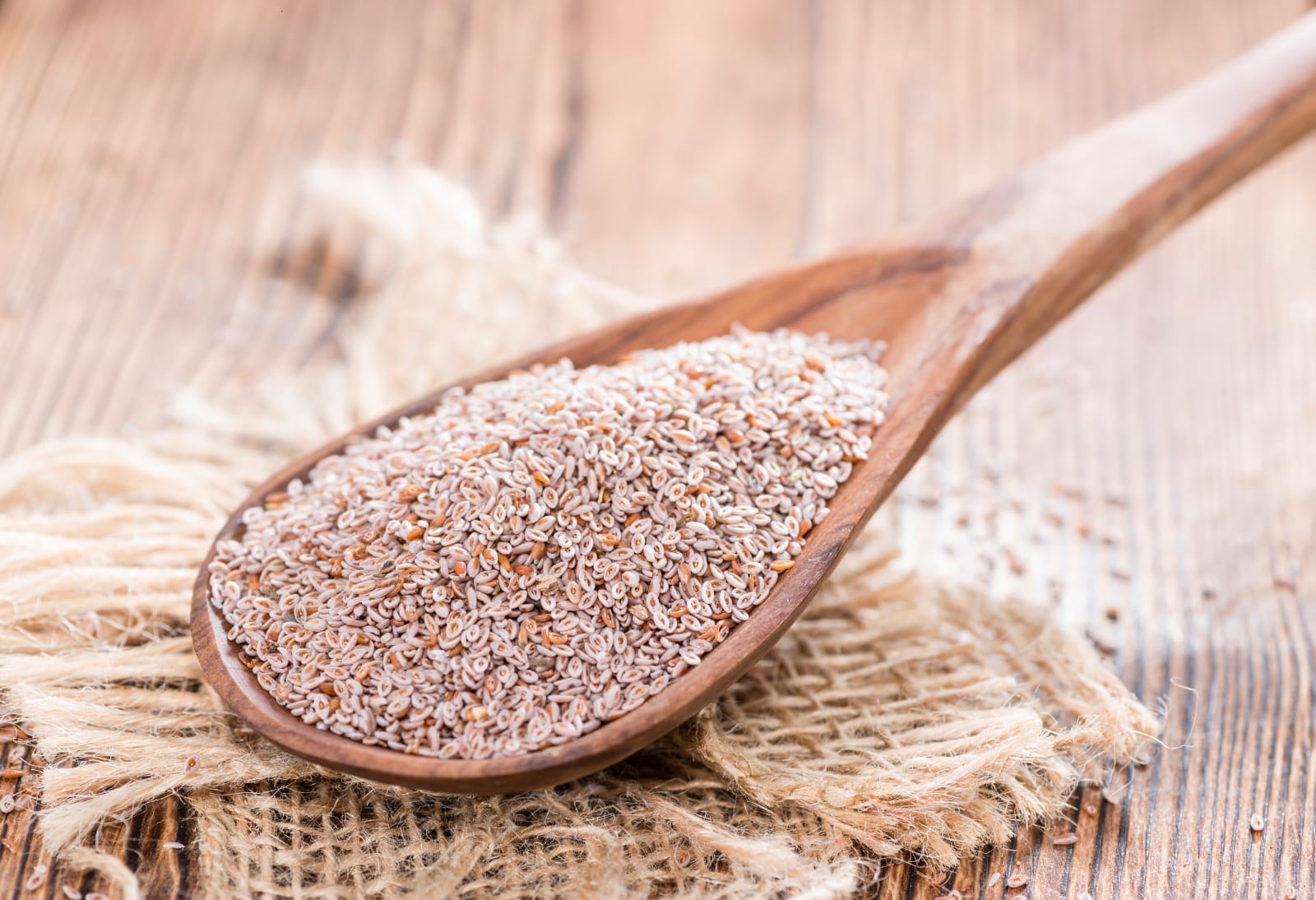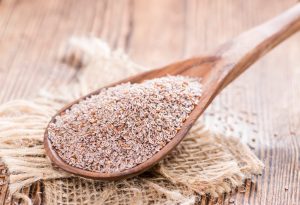Unlocking Psyllium Husk Benefits for Weight Loss: The Natural Ozempic?
As weight loss medications like Ozempic and other GLP-1 drugs reshape the health and wellness industry, many are turning to natural, non-prescription alternatives. One supplement rising to the top is psyllium husk — a plant-based fiber long known for digestive support, now gaining traction as a potential tool for weight management. Social media influencers and wellness advocates are calling it nature’s Ozempic, crediting it with appetite control, improved digestion, and metabolic benefits. But how accurate are these claims? While comparing psyllium husk to Ozempic may be oversimplified, experts agree that the psyllium husk benefits for weight loss are very real — and backed by science.
🌾What is psyllium husk?
The outer covering of any seed is called a husk. Psyllium husk comes from the seed of Plantago ovata plants, a type of shrub that grows in sandy deserts and steppes.
In the US, “it is best known as the active ingredient in over-the-counter laxatives like Metamucil”, says Beal. Psyllium husk can be consumed in pill or powder form. It can also be consumed whole, when is resembles tiny wood shavings. When combined with water, it creates a gloopy,gel-like substance
🛡️Psyllium Husk Benefits
That gloopiness may not sound appealing, but it’s part of what makes the product useful. Psyllium husk is a good source of soluble fiber, explains Katherine Zeratsky, a registered dietitian at the Mayo Clinic in Minnesota. Soluble fiber – unlike insoluble fiber, which remains unchanged during digestion – attracts water during digestion and turns into a gel.
• This gel can soften stools and add bulk to them, which helps in the management of constipation and diarrhea, says Julia Zumpano, a registered dietitian with the Cleveland Clinic Center for Human Nutrition.
• Additionally, Zumpano says, this gel can bind with the bile in your gut, which is composed of cholesterol, and remove it with the body’s waste, thus reducing the amount of cholesterol in your body.
• Beal points to a 2018 meta-analysis in the American Journal of Clinical Nutrition which found 10-15g of psyllium husk a day significantly reduced LDL (or “bad” cholesterol) and total cholesterol in “healthy individuals and those with high cholesterol”.
• By slowing the rate of glucose in the bloodstream, it can also help in blood sugar management, says Zumpano.
• Psyllium husk can also increase one’s overall consumption of fiber, a significant benefit given that only 5% of people in the US and 9% of adults in the UK eat the recommended amount of 25-30g of fiber a day. Psyllium husk provides about 7g of fiber per tablespoon.
• Eating fiber in any form has many benefits, says Zumpano, including “slowing down digestion and increasing satiety, which are both benefits of weight-loss drugs”. (She is careful to add that fiber does not accomplish either of these outcomes to the extent GLP-1s can.)
When increasing your fiber intake, start slowly and adjust as necessary, says Zeratsky.
She suggests starting with a powder form, which gives you control of the amount.
⚠️What are the risks of psyllium husk?
Experts emphasize that it’s extremely important to consume psyllium husk with enough water: roughly 500ml of water per 20g of fiber. Because psyllium husk expands quickly with liquid, without an adequate amount of water, it can become a choking hazard and potentially lead to gastrointestinal
obstruction, says Beal. This also means it may not be ideal for everyone. “People with swallowing difficulties, bowel strictures or severe gastrointestinal conditions like Crohn’s disease should
consult a healthcare provider before using psyllium,” says Beal. Fiber and psyllium can also potentially interact with certain medications, warns Zeratsky, so consult a doctor or pharmacist before taking it.
Also, thinking of it as “nature’s Ozempic” comes with its own risks, experts say.
Overconsumption can lead to digestive discomfort, she warns, adding that people may overly rely on a single ingredient instead of a “holistic lifestyle change”. If psyllium husk isn’t your thing, there are plenty of other foods that offer similar benefits, says Zeratsky. “Fruits, vegetables, beans and other legumes, and whole grains, particularly oats, barley and quinoa, all contain soluble fiber” and a variety of other beneficial nutrients, she says.
Click here to read full article
Curious about healthy meal planning, weight loss strategies, or personalized nutrition tips?
Book your FREE 30-minute consultation with Certified Nutritionist and Wellness Coach Lorie Eber today! Email: eberlorie@gmail.com







